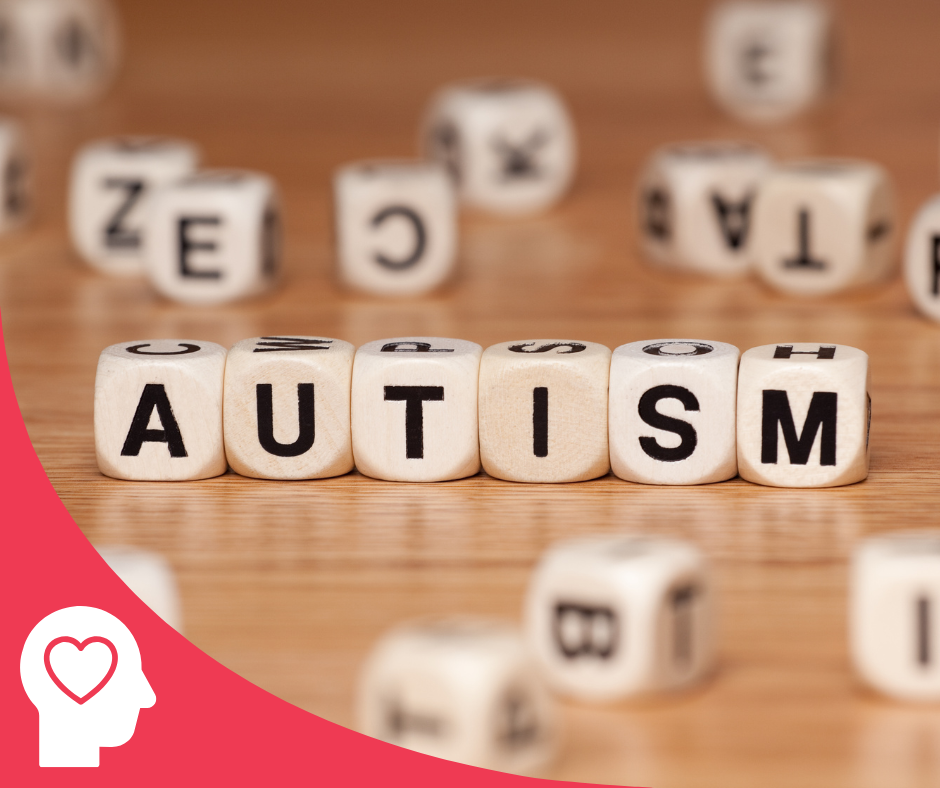These courses are an access anytime e-learning resource provided free of charge with Open Learn which anyone can join.
Each year thousands of pounds are spent on medications to treat conditions such as anxiety and depression. These medications often have negative side effects. Exercise is an alternative treatment that is low cost and has few side effects. In this free course, Exercise and mental health, we will look at the links between exercise and improved mental health and psychological well-being. This will include consideration of the role of exercise in combating stress, anxiety and depression, and in enhancing mood.
Course learning outcomes
After studying this course, you should be able to:
- demonstrate an awareness of the links between physical activity and mental health
- understand some of the proposed theories of why exercise benefits mental health.
Course duration : 2 hours
You can start this course straight away. Please follow the link in your confirmation email to take you directly to the course.
This is an access anytime e-learning resource provided free of charge in association Open Learn
(If you do not receive a confirmation email please check your spam/junk email boxes or sign into the ‘Your Account’ section of the Learning Hub website to retrieve all of your booking and course information)
All Open Learn courses and have been shared by permission of The Open University copyright © and have been licensed for use under the ‘Creative Commons ‘Attributions; Non-Commercial; Share Alike’ License.
For full information about the Open University visit Home | OpenLearn – Open University.
For any further questions or clarification around usage, visit Frequently asked questions | OpenLearn – Open University
PRESS HERE to book now
Panic attacks: what they are and what to do about them is a free course that should be helpful to anyone who experiences panic or panic attacks, for their family and friends, and anyone more generally interested in mental health and mental health treatment. The course starts by exploring formal definitions of panic and panic attack. These are then contrasted with personal accounts of the experience of panic. It also presents some of the key understandings of why panic attacks happen, and provides an overview of the main ways people can get help and help themselves.
Course learning outcomes
After studying this course, you should be able to:
- provide a definition of panic and panic attack
- understand aspects of the personal experience of panic attacks
- understand some key ideas about why people have panic attacks
- know where someone experiencing panic attacks might get help or help themselves.
Course duration : 3 hours
You can start this course straight away. Please follow the link in your confirmation email to take you directly to the course.
This is an access anytime e-learning resource provided free of charge in association Open Learn
(If you do not receive a confirmation email please check your spam/junk email boxes or sign into the ‘Your Account’ section of the Learning Hub website to retrieve all of your booking and course information)
All Open Learn courses and have been shared by permission of The Open University copyright © and have been licensed for use under the ‘Creative Commons ‘Attributions; Non-Commercial; Share Alike’ License.
For full information about the Open University visit Home | OpenLearn – Open University.
For any further questions or clarification around usage, visit Frequently asked questions | OpenLearn – Open University
PRESS HERE to book now
This free course, Understanding depression and anxiety, explores the causes of these mental health issues, with a particular focus on stress. You will consider some risk and causal factors for some depression and anxiety disorders, and learn about the biology and psychology behind them.
Course learning outcomes
After studying this course, you should be able to:
- describe how stressful life events may be linked to emotional disorders such as depression and anxiety
- describe the main features of the physiological stress response
- evaluate the role of genetic and environmental factors in emotional disorders
- describe the different kinds of biological abnormalities that have been linked to emotional disorders.
Course duration : 8 hours
You can start this course straight away. Please follow the link in your confirmation email to take you directly to the course.
This is an access anytime e-learning resource provided free of charge in association Open Learn
(If you do not receive a confirmation email please check your spam/junk email boxes or sign into the ‘Your Account’ section of the Learning Hub website to retrieve all of your booking and course information)
All Open Learn courses and have been shared by permission of The Open University copyright © and have been licensed for use under the ‘Creative Commons ‘Attributions; Non-Commercial; Share Alike’ License.
For full information about the Open University visit Home | OpenLearn – Open University.
For any further questions or clarification around usage, visit Frequently asked questions | OpenLearn – Open University
PRESS HERE to book now
This free course, Understanding Attention Deficit Hyperactivity Disorder (ADHD), explores the experience of ADHD from the perspective of those who are diagnosed with the condition, and those who care for them. It covers the contribution of scientific research to understanding ADHD, with a focus on assessing the effectiveness and mechanism of action of treatments and therapies.
Course learning outcomes
After studying this course, you should be able to:
- define key terms in the field of ADHD research
- describe the characteristics of ADHD and how they are used in diagnosis
- describe the patterns of prevalence of ADHD, including the reasons for disparities worldwide
- describe the risk factors and brain changes associated with ADHD
- outline key approaches to managing ADHD, with reference to their scientific evidence base.
Course duration : 12 hours
You can start this course straight away. Please follow the link in your confirmation email to take you directly to the course.
This is an access anytime e-learning resource provided free of charge in association Open Learn
(If you do not receive a confirmation email please check your spam/junk email boxes or sign into the ‘Your Account’ section of the Learning Hub website to retrieve all of your booking and course information)
All Open Learn courses and have been shared by permission of The Open University copyright © and have been licensed for use under the ‘Creative Commons ‘Attributions; Non-Commercial; Share Alike’ License.
For full information about the Open University visit Home | OpenLearn – Open University.
For any further questions or clarification around usage, visit Frequently asked questions | OpenLearn – Open University
PRESS HERE to book now
Learn about autism, a complex and challenging long-term condition for many individuals and their families worldwide, and an aspect of human diversity to others. This free course, Understanding autism, introduces the autism spectrum, how it is experienced by different individuals and families, and why it is a global concern. The course explains how ideas about autism have evolved and explores diagnosis, causes, intervention and life-span development. Widely varying perspectives on autism are illustrated and key societal and cross-cultural issues highlighted.
This OpenLearn science course was produced with the kind support of Dangoor Education, the educational arm of The Exilarch's Foundation.
Course learning outcomes
After studying this course, you should be able to:
- outline what is meant by autism, why it is considered a spectrum and how it affects different individuals and families
- appreciate different approaches to understanding autism, including theoretical and clinical perspectives and personal accounts
- outline key features of psychological, neurobiological and genetic explanations of autism
- explain key aspects of diagnosis, intervention, education and life-span development
- understand topical issues including neurodiversity perspectives, autism prevalence in women and autism in global context.
Course duration : 24 hours
You can start this course straight away. Please follow the link in your confirmation email to take you directly to the course.
This is an access anytime e-learning resource provided free of charge in association Open Learn
(If you do not receive a confirmation email please check your spam/junk email boxes or sign into the ‘Your Account’ section of the Learning Hub website to retrieve all of your booking and course information)
All Open Learn courses and have been shared by permission of The Open University copyright © and have been licensed for use under the ‘Creative Commons ‘Attributions; Non-Commercial; Share Alike’ License.
For full information about the Open University visit Home | OpenLearn – Open University.
For any further questions or clarification around usage, visit Frequently asked questions | OpenLearn – Open University
PRESS HERE to book now









